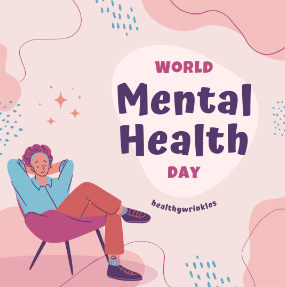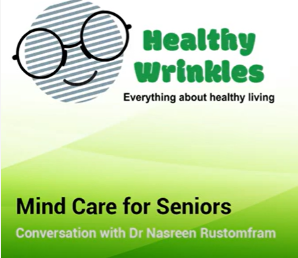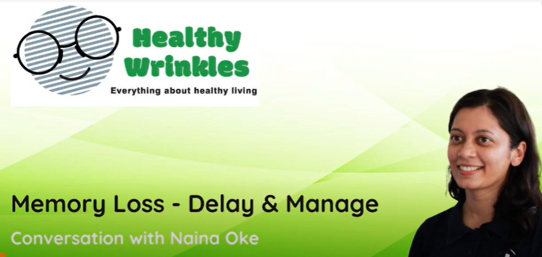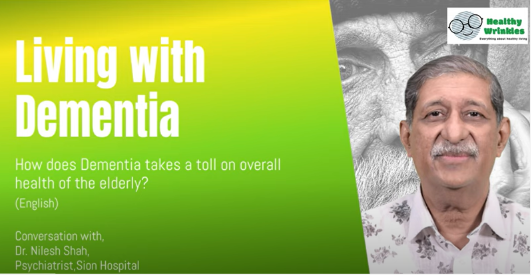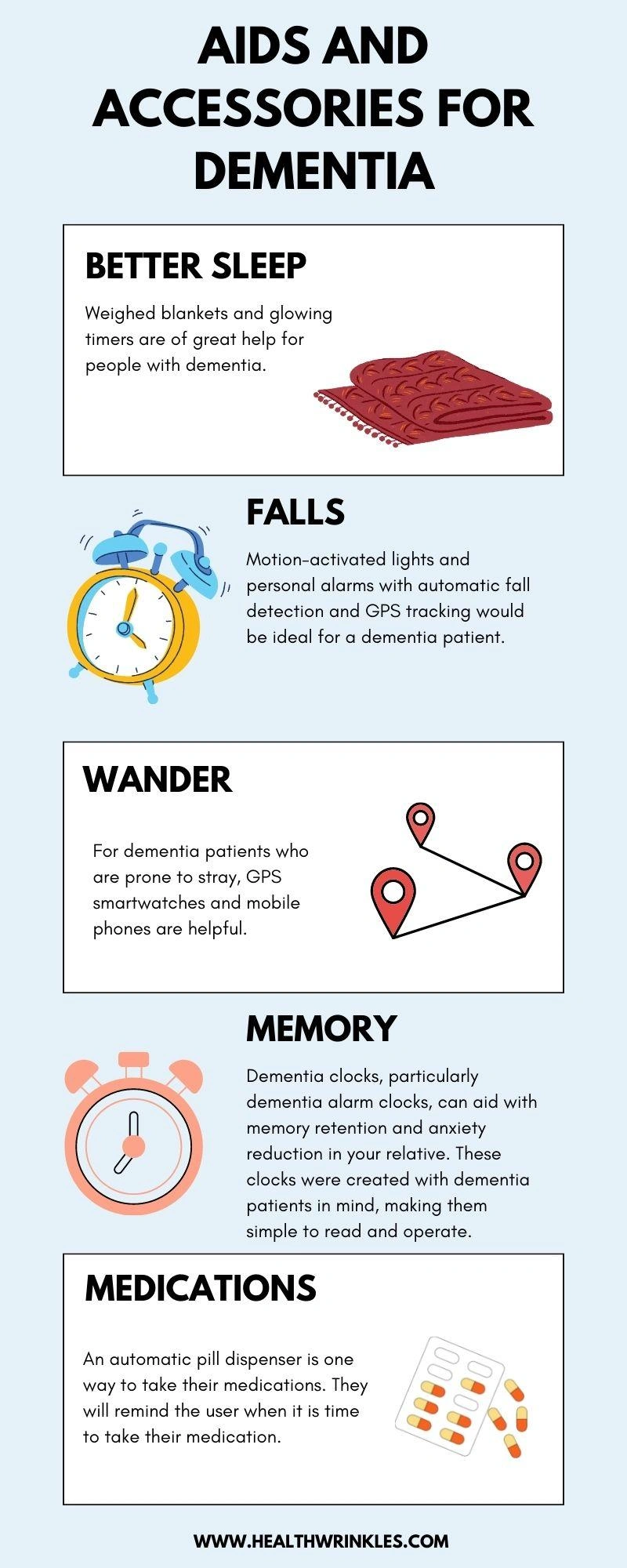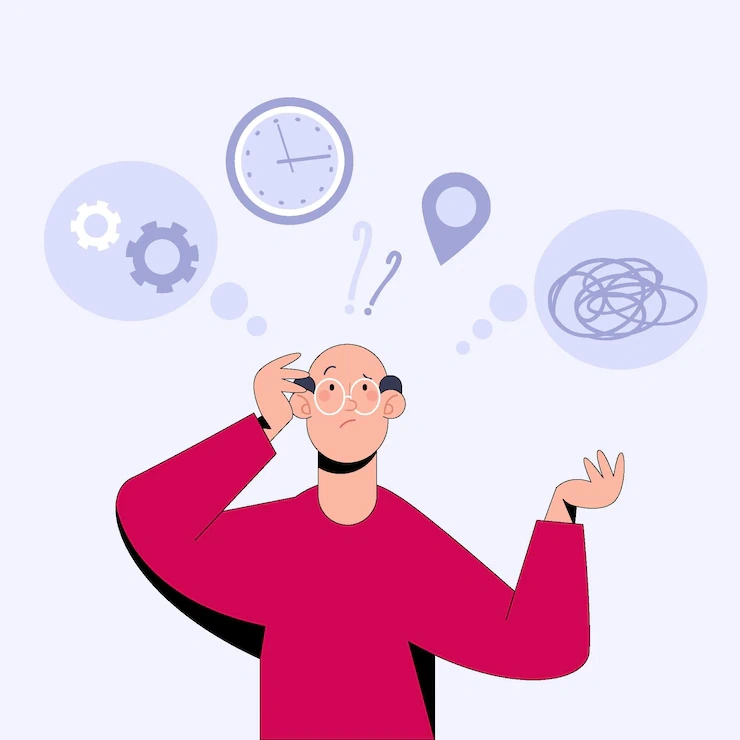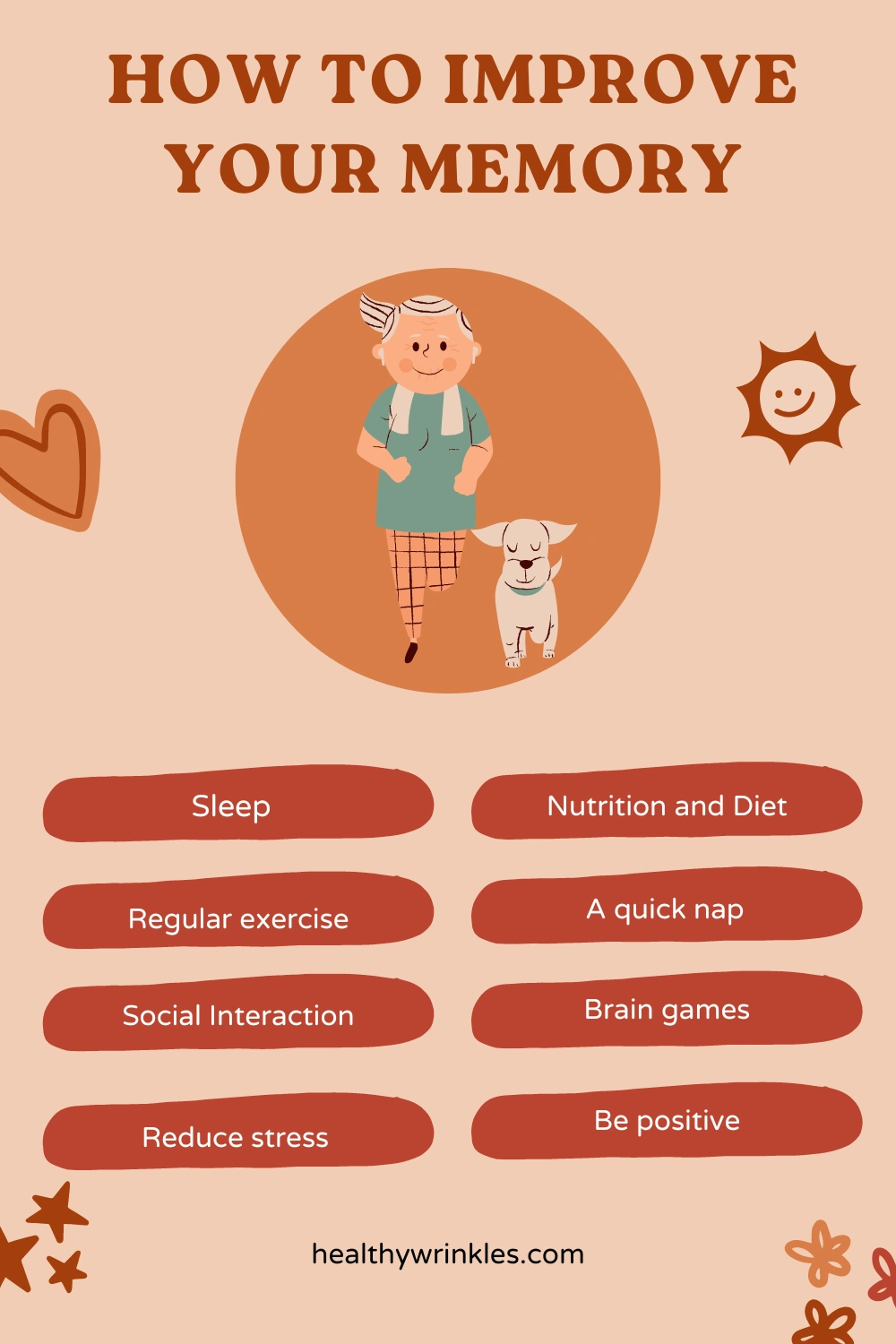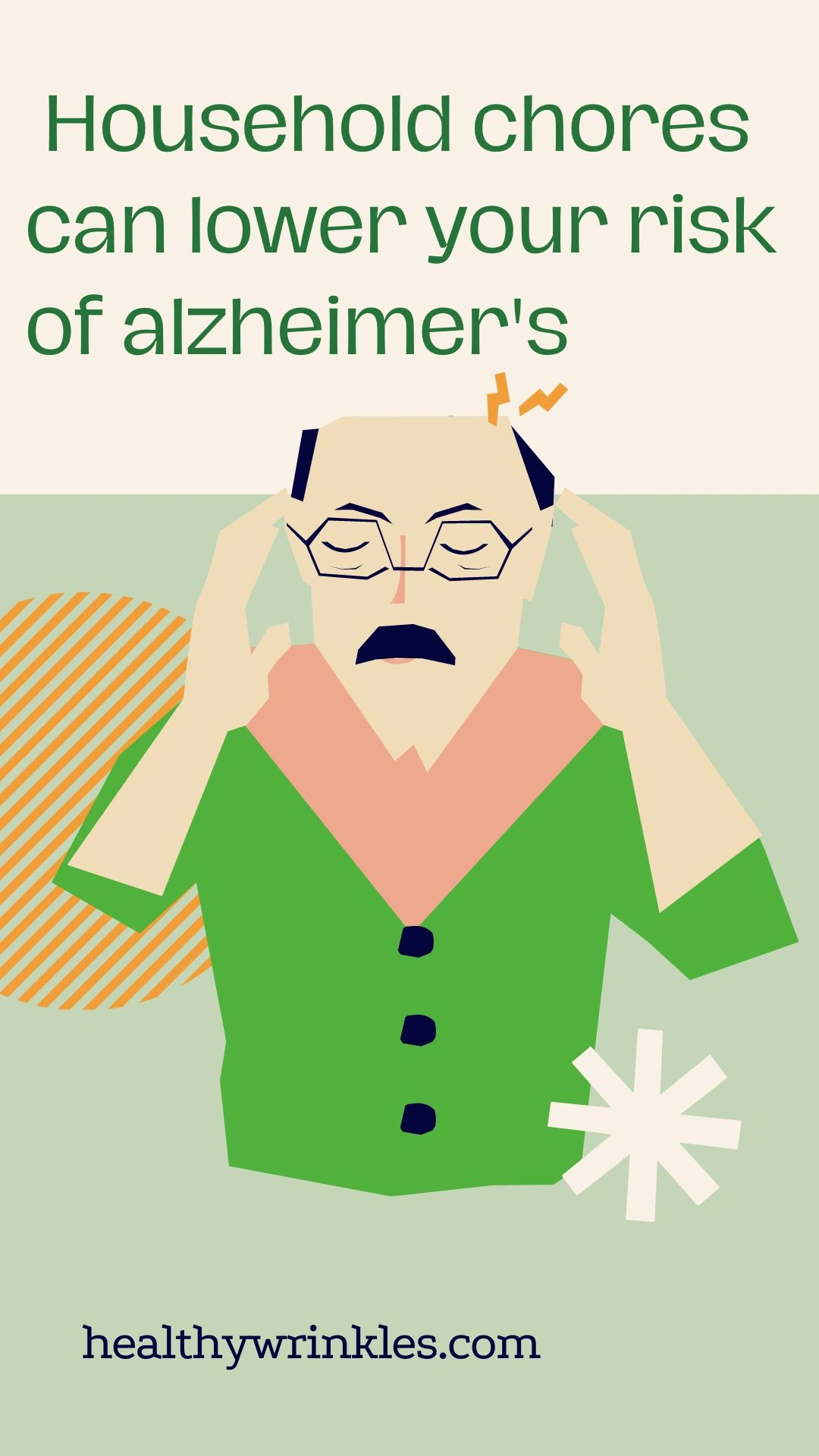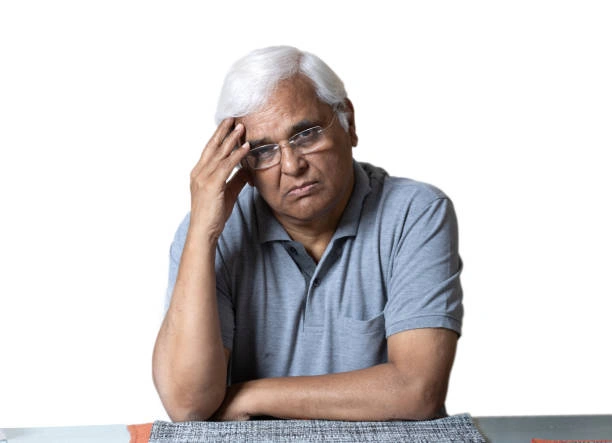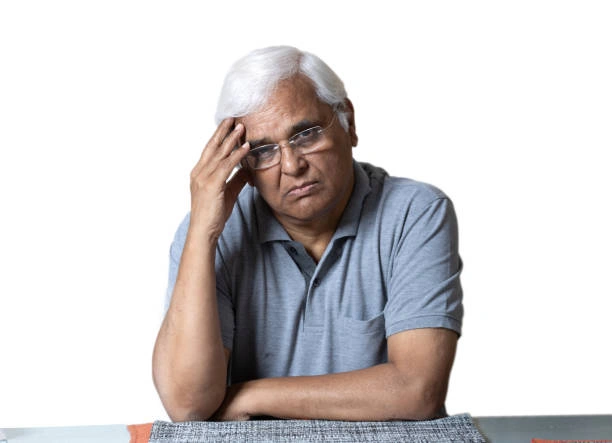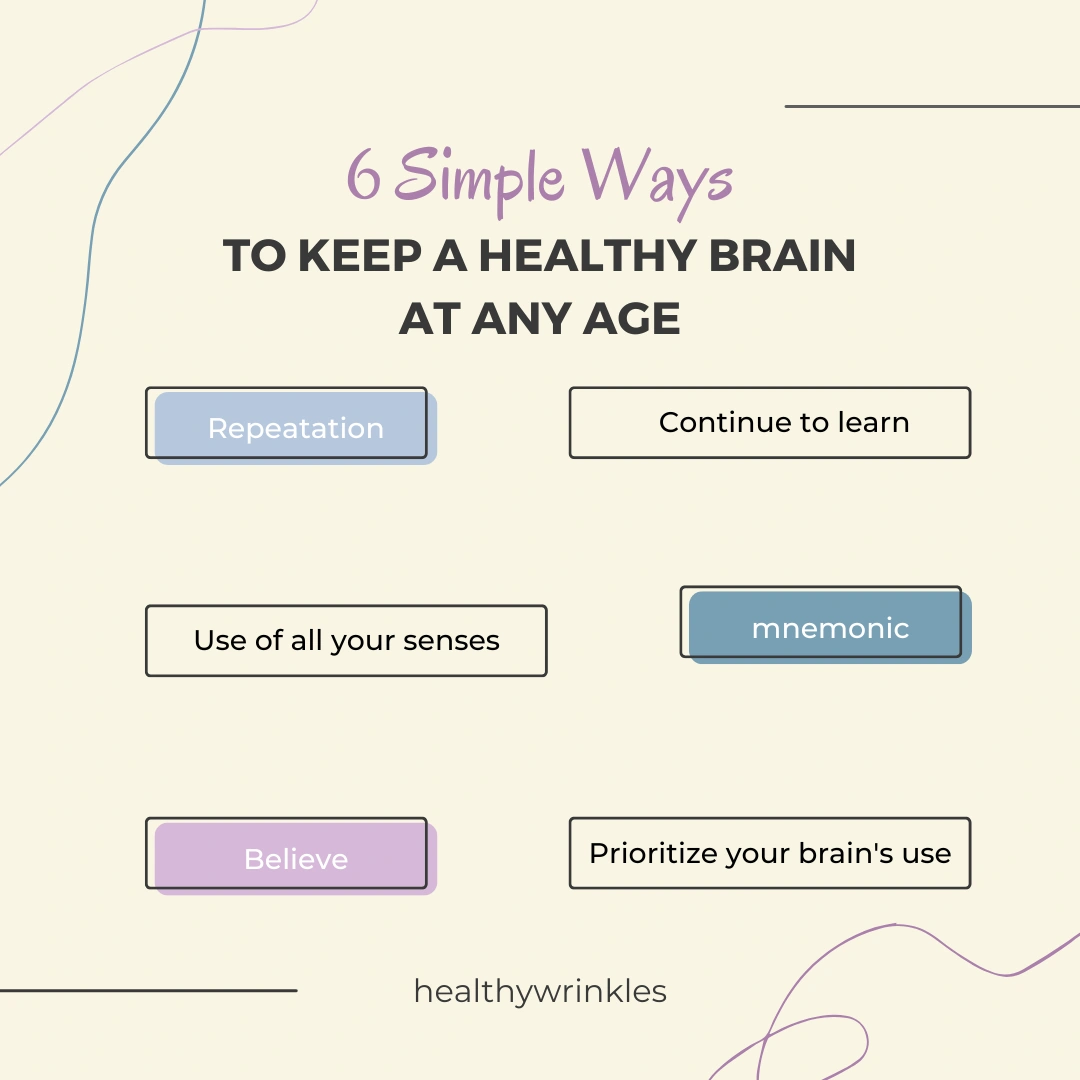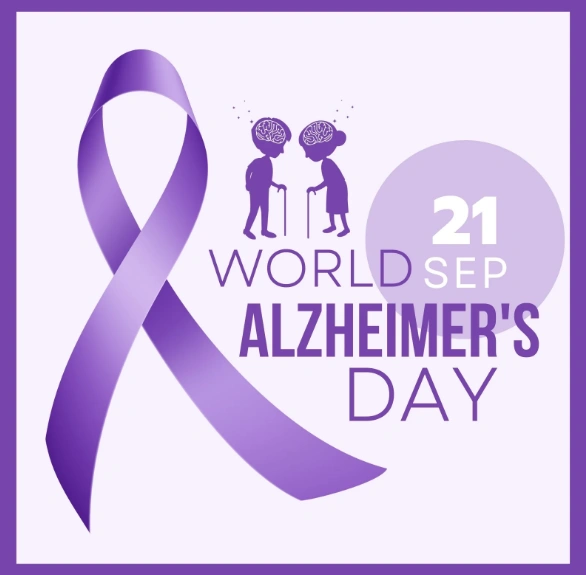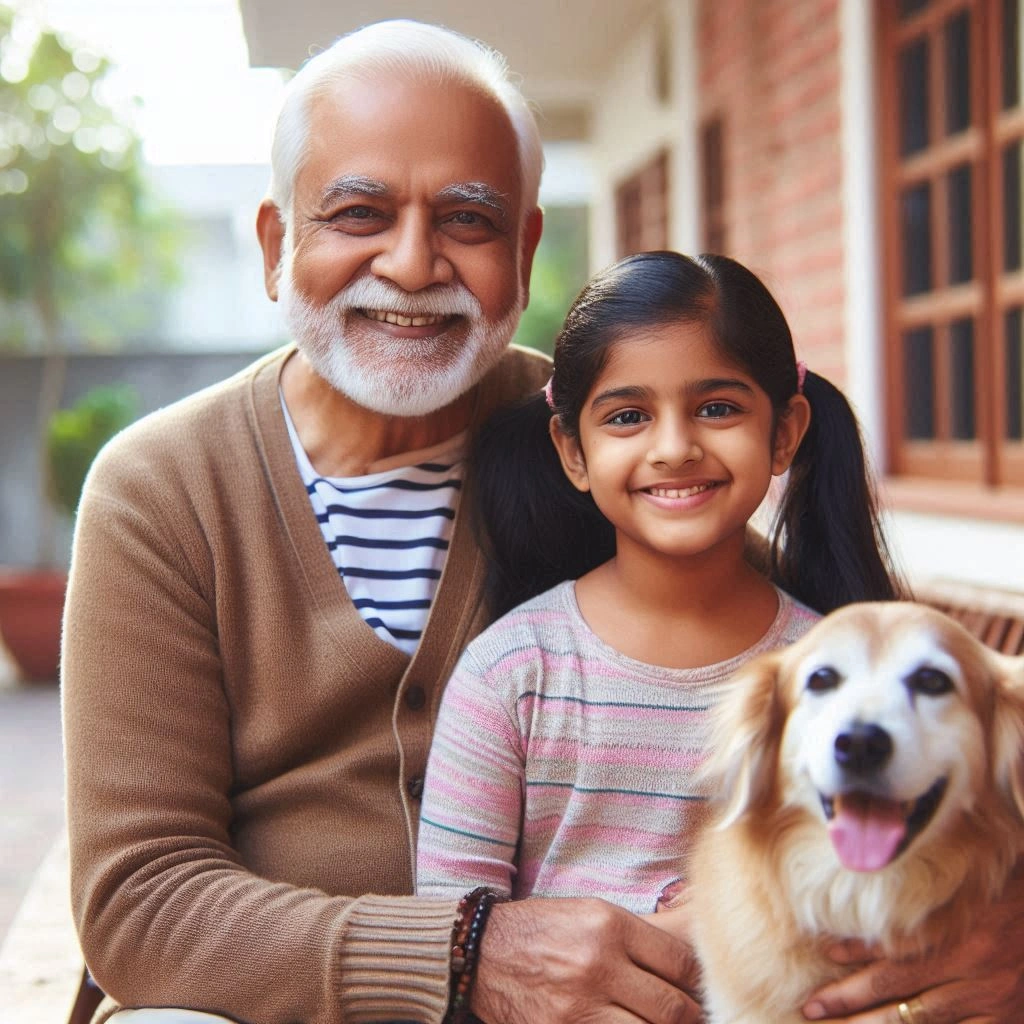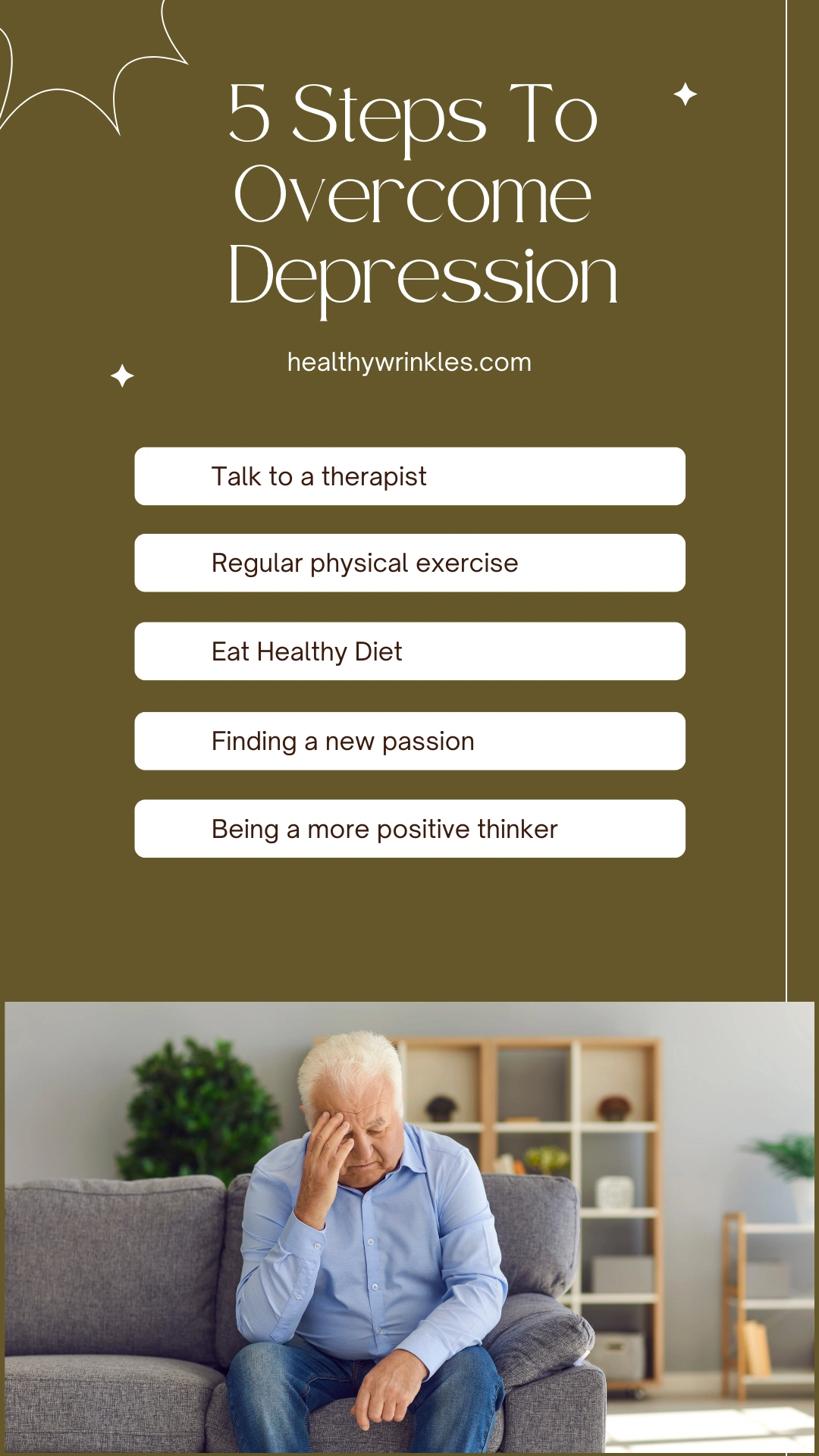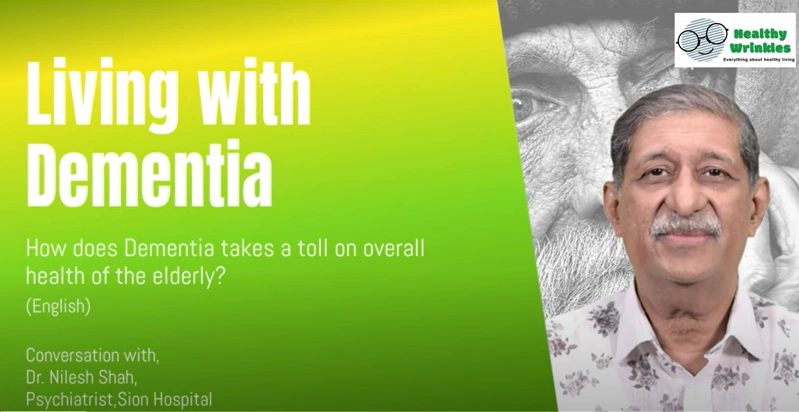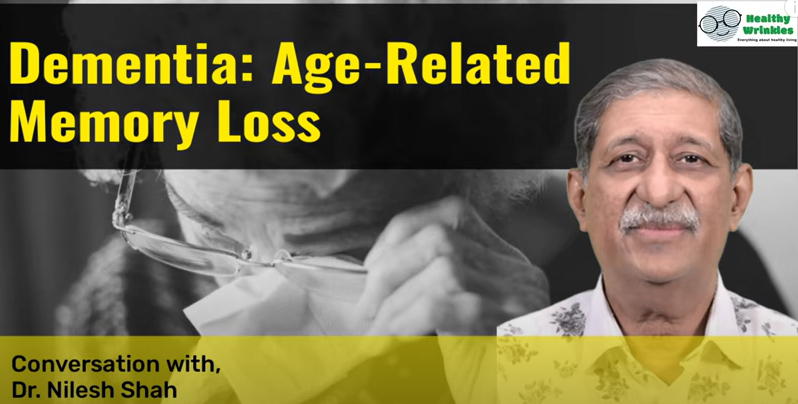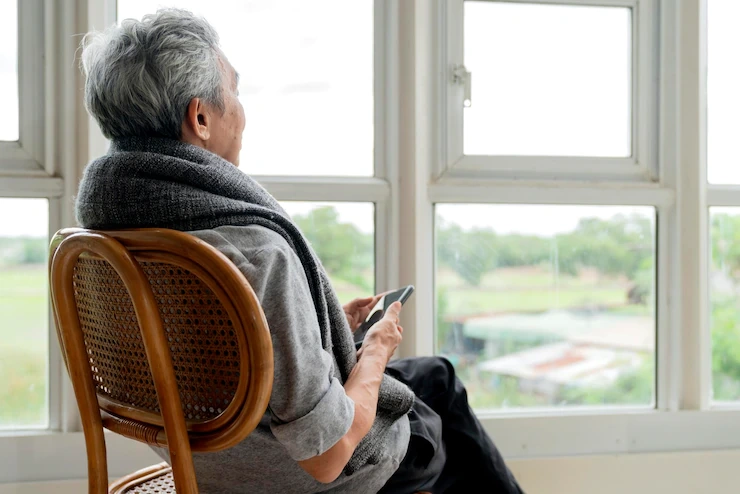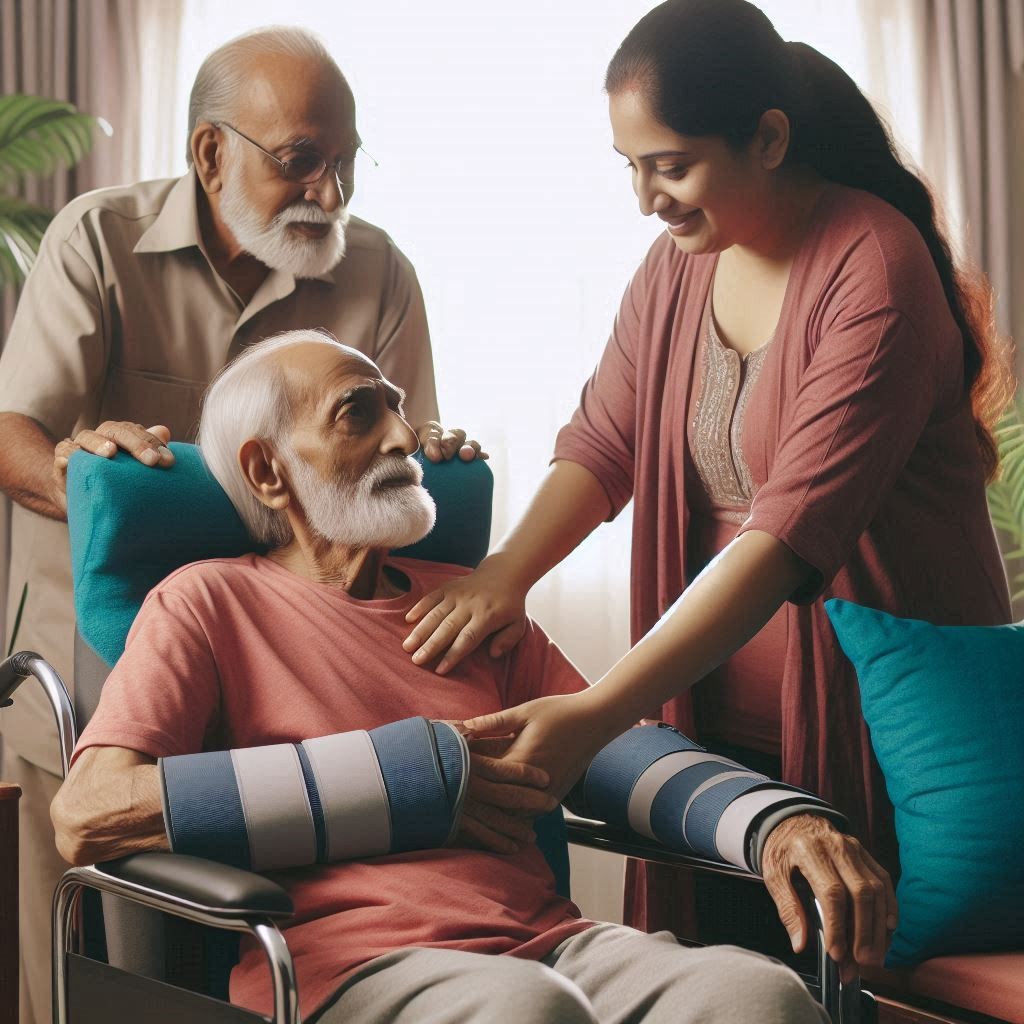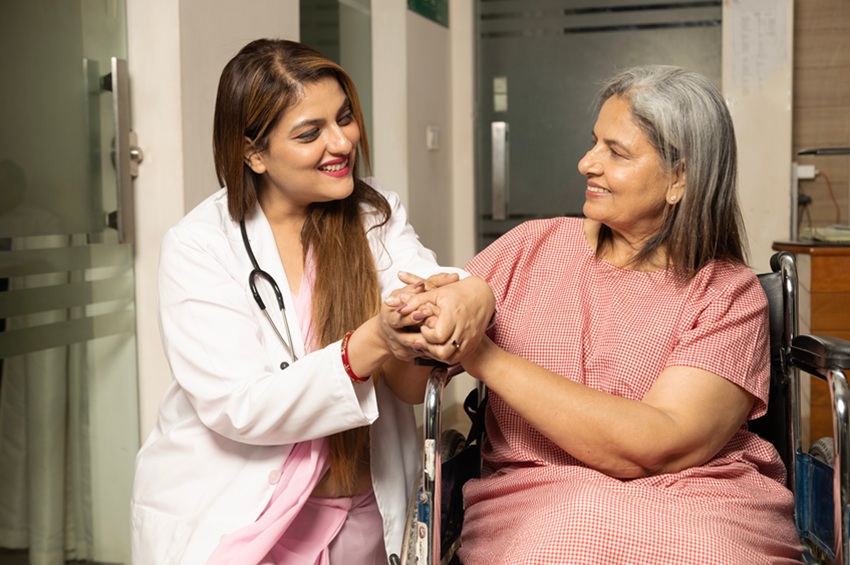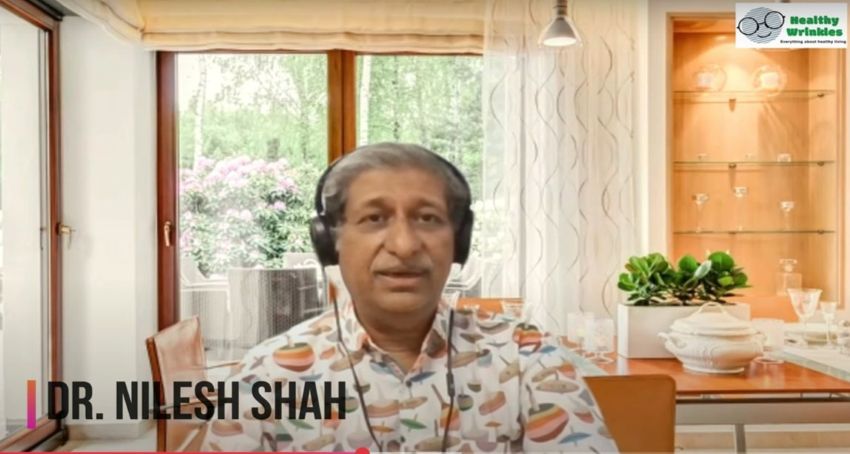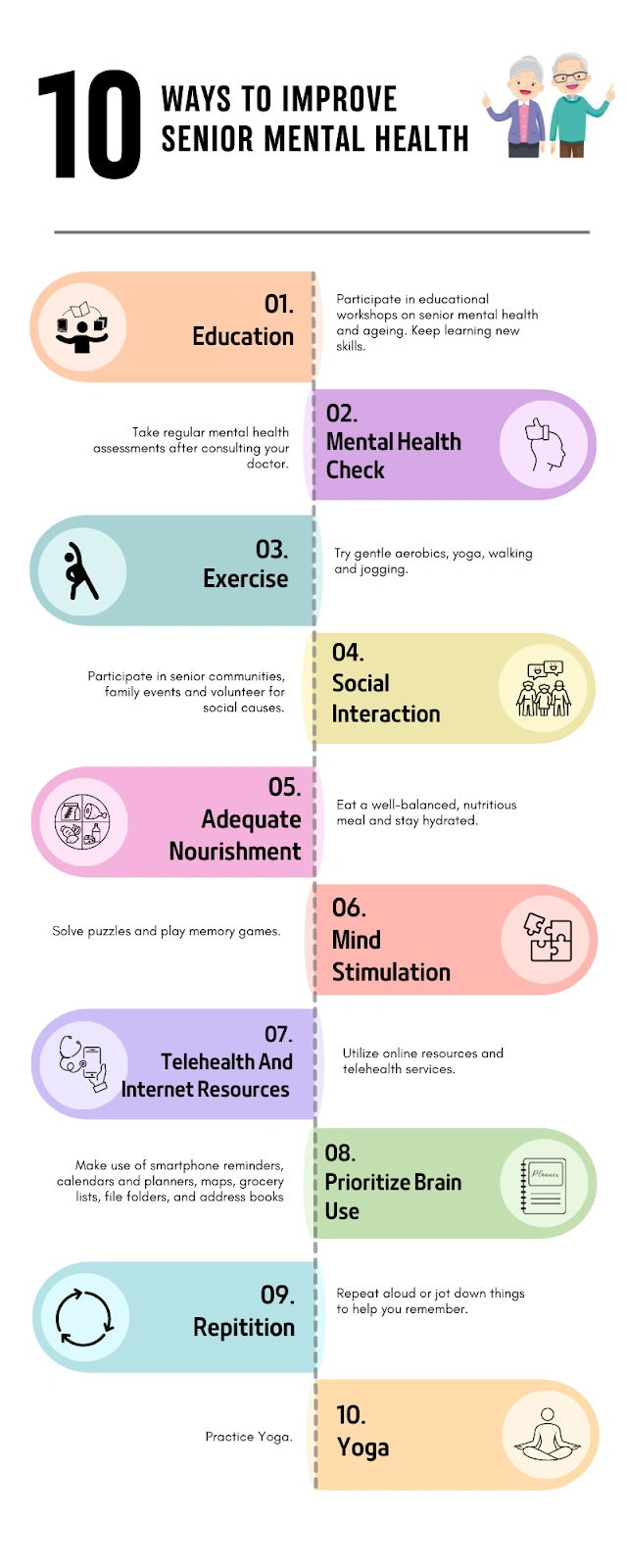Heres how you can improve mental health in old people
How to improve mental health in old people?
We often talk about making healthy life choices. But have you considered mental health in it? When it comes to our elders, do we pay attention to their mental health? Apart from considering their nasty behaviours as a normal part of ageing, do we stop to think about their mental health needs?
What is mental health?
According to the World Health Organization (WHO), mental health is a state of mental well-being that allows people to cope with life's stresses, recognize their abilities, learn and work effectively, and contribute to their community. Mental health is a fundamental human right. It is also essential for personal, community, and socioeconomic growth.
There is more to mental health than just the lack of mental illnesses. Psychosocial disabilities, mental disorders, and other mental states linked to substantial distress, functional impairment, or the risk of self-harm are all considered mental health conditions.
Seniors and mental health
As per the WHO, one in six individuals worldwide will be aged 60 years or more by 2030. Approximately 14% of adults aged 60 and over live with a mental disorder. Mental health issues including anxiety and depression are more common in older persons. Many may also have additional health issues that need long-term care, such as dementia, diminished mobility, chronic pain, frailty, or other conditions. People are more prone to having multiple ailments once they get older.
One of the main risk factors for mental health issues in later life is social isolation and loneliness, which affect approximately 25% of older adults. Abuse of older people as well as neglect for them may also contribute to mental health issues. A January 2022 Lancet Report states that by 2050, there will be nearly twice as many dementia cases in India—11 million instances compared to 3.8 million in 2019.
Ways to improve mental health in seniors
Here are a few approaches that can help to improve the mental health of seniors according to Dr Shabnam Mir, a consultant physician and clinical operations head:
Education - Mental health and ageing-related educational workshops and seminars can give senior citizens important knowledge about common mental health problems, coping mechanisms, and the need to get help. We can empower our seniors to take proactive measures toward improved mental well-being by inviting mental health specialists to talk on these subjects and de-stigmatizing mental health conversations.
Another aspect of education is to keep learning even as a senior person. Higher education levels are linked to improved mental health as people age. According to experts, pursuing higher education can assist in maintaining a good memory by instilling in individuals the habit of engaging in mental activities. As a senior, you can take up various online courses to stay at the forefront of current trends and even learn a new skill like content writing or public speaking and share your decades full of experience.
Mental Health Checks - Routine health check-ups should be combined with mental health assessments to track conditions like anxiety and depression early. Try speaking with your doctor to learn more about such assessments.
Exercises - Regular physical activities like exercises work wonders for elderly mental health. Seniors can try gentle aerobics, yoga and simple physical activities like walking and jogging. Before doing any form of physical activity, do get a nod from your doctor since senior people with pre-existing health conditions may not be able to perform all sorts of physical activities.
Social Interaction - Many elderly people find themselves isolated and lonely. By actively participating in senior communities, volunteering for various causes and staying engaged in family events, you can boost your mental health as a senior. Mental health support for the elderly is also available at various mental health organizations.
Adequate Nourishment - Eating a well-balanced, nutritious meal and staying hydrated is crucial for both mental and physical health. Talk to a certified nutritionist and your doctor to get the best diet and hydration advice. To learn more about senior diet tips, read our article here https://www.linkedin.com/pulse/active-ageing-senior-diet-tips-healthy-wrinkles-private-limited-ktpef/?trackingId=FgLdsMMaMh7%2FIsyZpiGe3Q%3D%3D
Stimulation Of The Mind - Cognitive function and mental agility in elderly people can be maintained by offering games and cognitive exercises that test their thinking. Examples of these include memory games, puzzles, and brain teasers.
Telehealth and Internet Resources - Seniors with mobility issues can utilise online resources and telehealth services to fill the gap. Providing educational information and remote mental health support via digital platforms guarantees that important resources are easily accessible. Want to learn more about caring for and managing seniors in your family? Check out our article on senior care here
https://www.linkedin.com/pulse/caring-managing-seniors-family-healthy-wrinkles-private-limited/?trackingId=R6BjGta0YsL7EpzrFW%2FLlA%3D%3D
Make your brain use a priority - To keep regular information accessible, make use of smartphone reminders, calendars and planners, maps, grocery lists, files, folders, and address books. Your keys, wallet, glasses, and other frequently used goods should all have a designated spot at home.
Repetition - Repeat anything aloud or jot it down to help you recall what you've just read, heard, or thought about. In this manner, you strengthen the link or memory. Use someone's name, for instance, if you have just learned it when conversing with them.
Yoga - When you practice yoga, your brain cells form new connections, and changes in brain structure and function occur, resulting in improved cognitive skills like learning and memory. Parts of the brain involved in thought, language, memory, attention, and awareness get stronger by practising yoga. Consider it as brain-based weightlifting.
Conclusion
Mental health issues like anxiety and depression are common in the elderly due to isolation and loneliness. To improve their mental health, seniors and their carers can take various steps like getting the right education on this topic, exercising, eating well, staying engaged and using telehealth and online resources. Yoga too can help you keep your brain sharp in the later life stages.
Whether you are searching for informative articles, or looking for listings of senior care service providers, Healthy Wrinkles is an excellent resource for all your senior care needs. We also have a great compilation of all the medical expert talks for healthy ageing on Healthy Wrinkle YouTube channel.
Disclaimer: Healthy Wrinkles does not recommend or offer any medical diagnosis, treatment, or advice. The information provided here is only for the awareness of disease or ailment among individuals, caregivers, and the public. The advice of doctors, licensed professionals, or therapists who are knowledgeable about your particular situation should always be sought before using the information provided here. It should also not be used in the event of a medical emergency or for the diagnosis or treatment of any medical condition. If you want urgent assistance, contact a qualified medical professional.
References:
1.Mental health from https://www.who.int/news-room/fact-sheets/detail/mental-health-strengthening-our-response/?gclid=CjwKCAiApaarBhB7EiwAYiMwqlsr1Td7Z11B8IU3P0slQCi0FEr4iJ4Z0ftrAGjeZYOOVwtJMcV7EBoCkWoQAvD_BwE
2.Mental health of older adults from https://www.who.int/news-room/fact-sheets/detail/mental-health-of-older-adults
3.Tips to improve senior citizens' mental health from https://www.hindustantimes.com/lifestyle/health/tips-to-improve-senior-citizens-mental-health-101694140001038.html
4.6 simple steps to keep your mind sharp at any age from https://www.health.harvard.edu/mind-and-mood/6-simple-steps-to-keep-your-mind-sharp-at-any-age
5.Yoga for better mental health from https://www.health.harvard.edu/staying-healthy/yoga-for-better-mental-health
